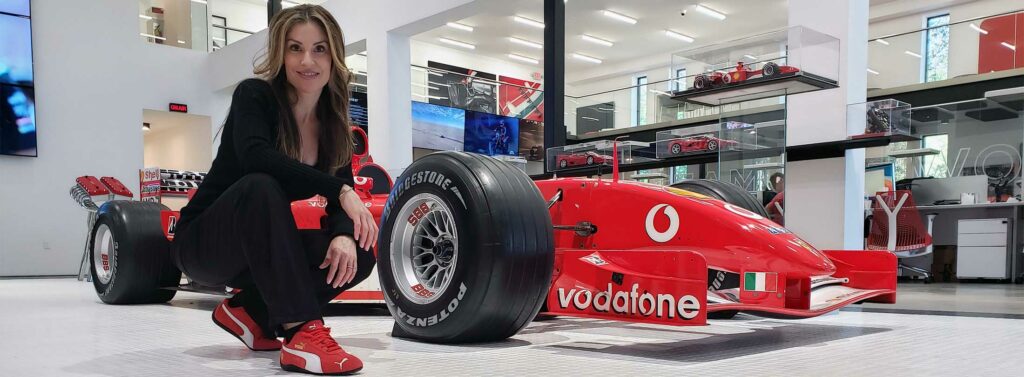Why Elections Shouldn’t Drive Racing
In the world of motorsport, where every turn, every lap, and every second counts, politics has always been an underlying force. From sponsorships to regulations, the sport has often found itself entangled in political webs. However, a recent series of events has thrust politics into the spotlight in a manner that raises fundamental questions about the integrity and purpose of racing.
The controversy ignited with the announcement of a Trump fundraiser preceding the Miami Grand Prix, as reported by The Washington Post [1]. The involvement of a former president in a motorsport event immediately sparked debate over the appropriate place of politics within the racing arena. This debate intensified when discussions arose about featuring a car adorned with the likeness of Robert F. Kennedy Jr., a prominent political figure known for espousing controversial views on public health matters, at the prestigious Indy 500 [2].
At the heart of these discussions lies a critical distinction: while sport inherently carries political undertones, there is a clear demarcation between the politics inherent to the sport itself and external governmental politics. Motorsport, like any other form of competition, is subject to the influences of economics, technology, and culture, all of which have political dimensions. Sponsors, teams, and drivers often align themselves with ideologies, causes, and movements, reflecting the broader socio-political landscape.
However, the introduction of explicit electoral politics into motorsport disrupts this delicate balance. Elections are inherently divisive events, pitting citizens against each other in a contest for power and influence. By allowing motorsport events to become platforms for electoral campaigning or fundraising, the sanctity of the sport risks being compromised. Racing should be a space where fans of all backgrounds can come together to celebrate skill, innovation, and competition, free from the partisan divides that characterize electoral politics.
Furthermore, the inclusion of electoral politics in motorsport raises concerns about the potential weaponization of the sport for political gain. Motorsport has a global audience that transcends borders, cultures, and political ideologies. Allowing electoral politics to infiltrate the sport risks alienating fans and diluting its universal appeal. Moreover, it opens the door to manipulation and exploitation by those seeking to leverage the sport for their own political agendas, undermining the integrity of racing as a fair and impartial competition.
The decision by IndyCar to deny the inclusion of the RFK Jr.-themed car at the Indy 500 demonstrates a recognition of these concerns [2]. By prioritizing the integrity and neutrality of the sport over potential political controversies, IndyCar reaffirms its commitment to preserving racing as a space for pure competition and entertainment.
Final Thoughts
While politics has always been an inherent aspect of motorsport, there is a clear distinction between the politics inherent to the sport itself and external governmental politics, particularly electoral politics. The recent controversies surrounding the Miami Grand Prix and the Indy 500 highlight the need for vigilance in safeguarding the integrity and neutrality of racing. Motorsport should remain a beacon of unity and camaraderie, transcending the partisan divides that characterize electoral politics.
[1] Source: “Trump to hold fundraiser at Miami Grand Prix”, The Washington Post, April 26, 2024.
[2] Source: “IndyCar denies RFK Jr.-themed car at Indy 500”, RACER, April 26, 2024.
Article by AutomotiveWoman.com Editor, Juliana Chiovitti, aka @AutomotiveWoman online.
IMAGES: AutomotiveWoman
Subscribe to our Channel or Become a Member: www.youtube.com/@AutomotiveWoman
Join the AutomotiveWoman community lifestyle newsletter: [email protected]





